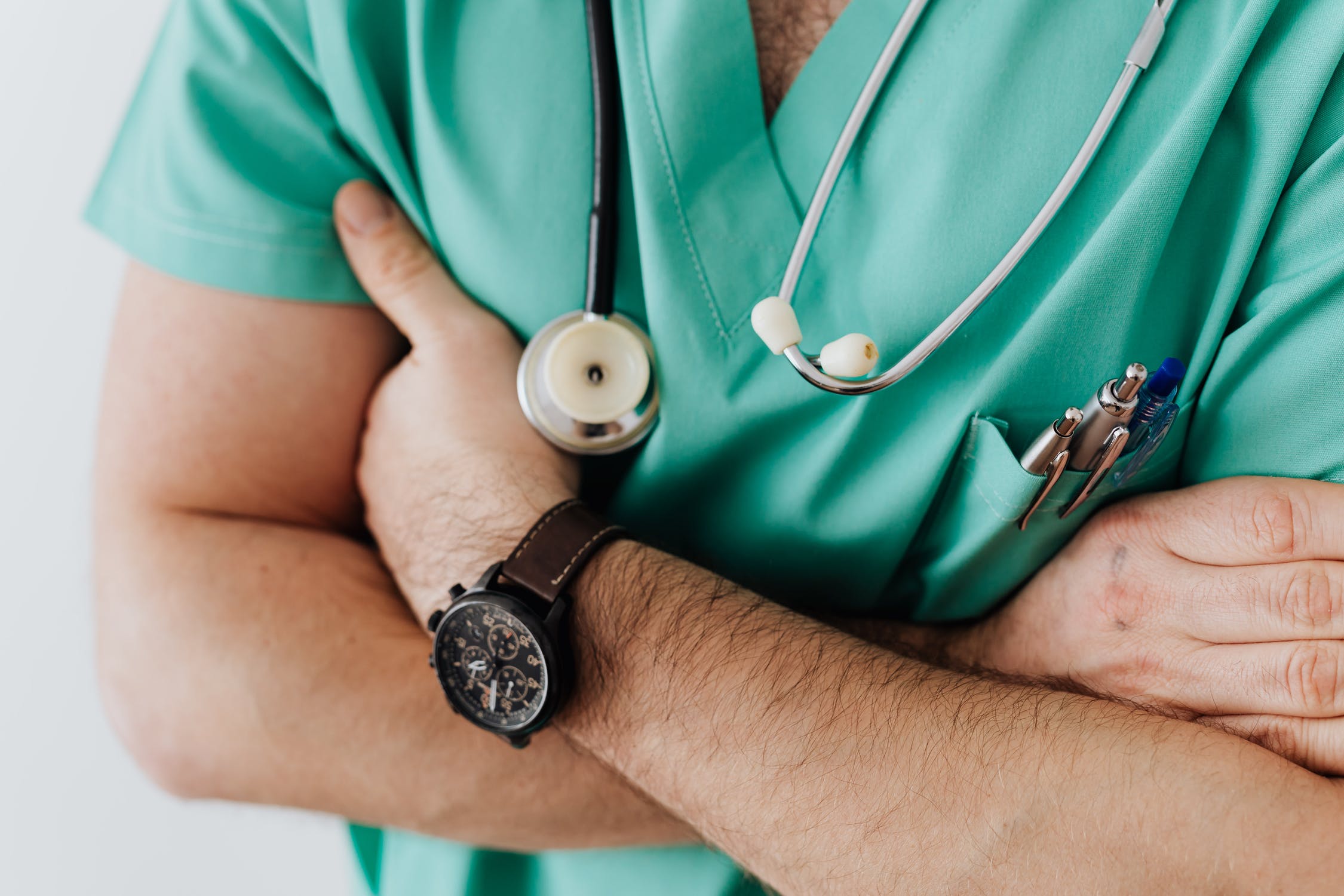Heroin addiction is sweeping through the US as a result of prescription medicine abuse.
In Indiana alone, rates of opioid addiction have soared so much that it’s costing the state $4 billion a year.
We typically assume that someone becomes addicted to heroin by falling in with the wrong crowd.
In reality, even people who have never used drugs before have succumbed to heroin addiction after developing a dependence on opioid prescription painkillers.
Opioids are prescribed for moderate to severe pain. Prescription opioid painkillers are highly addictive. Also, due to the high cost and difficulty of obtaining an ongoing prescription, users in pain often start using heroin when they can’t access the prescription painkillers they need.
According to the National Institute on Drug Abuse, a nationwide study showed that 80% of heroin users had used prescription opioids before.
How did this situation become so acute, then?
Big Pharma
Many people attribute the current opioid crisis to the over-prescription of opioids.
In the 1980’s, direct marketing regulations for pharmaceutical companies were relaxed. Opioid painkiller manufacturers actively encouraged doctors to prescribe pills for pain. As opioids are so addictive, people become dependent on them in significant numbers. Also, as these pills are more expensive than heroin, so people started to take heroin to satisfy unmet cravings.
Purdue Pharma, the manufacturers of OxyContin, have succumbed to countless class action lawsuits for grossly misleading doctors and pharmacists into believing that these painkillers were not addictive.
The Sackler family owns Purdue. They are the nineteenth-richest family in the US. In 2019, the Sacklers offered settlements of between $10 and $12 billion. Purdue plans to become a non-profit organization to provide drugs across cities, including emergency overdose medication.
Purdue is one of a number of pharma companies being sued for their roles in the opioid crisis.
Prescription Opioid Pain Killers
According to the Centers for Disease Control, someone addicted to opioid painkillers is 40 times more likely to turn to heroin.
The most commonly prescribed opioids include:
- Buprenorphine
- Codeine
- Fentanyl
- Hydrocodone
- Methadone
- Morphine
- Oxycodone
- Oxymorphone
If you are prescribed opioid painkillers, it’s vital to take the prescribed dosage and to discontinue use as soon as directed or when you are no longer in pain. You must also keep these painkillers secure so no one else can access them.
Why are Prescription Pills So Addictive?
Opioids are feel-good chemicals. In fact, endorphins are natural opioids that our bodies produce. Prescription opioid painkillers contain synthetic opioids. They are a man-made version of opiates, the drug that comes from poppies.
Within the brain, body, and central nervous system, our cells have proteins dotted throughout. These are called receptors and they act like the lock to a door. When certain chemicals enter the body, they unlock these receptors and provoke a chemical change in the brain. These chemicals are called agonists.
Opioid agonists bind to the opioid receptors and create a chemical change. This is responsible for blocking pain signals to the brain and induces pleasurable feelings.
The pleasurable sensations that opioids induce are what makes them so addictive. Opioids provide temporary relief from anxiety, depression, and negative emotions. Unfortunately, when these effects fade, you feel worse than before and then crave more opioids to escape from painful thoughts and feelings.
The cravings are so powerful and overwhelming that people will do almost anything to get more, regardless of how physically, psychologically, and financially damaging their actions.
After an extended period of opioid use, dependent develops. Full-blown addiction follows.
From Painkiller Abuse to Heroin Addiction
Opioid addiction does not discriminate. This is clearly illustrated through many stories of regular, successful professionals who have experienced the dangers of taking prescription opioid medication.
Kristina
When Kristina injured her back at a track meet in high school, she was prescribed pain medication. She became dependent on the painkillers and developed a tolerance to them. Her doctor prescribed stronger pills every time she became more tolerant. Eventually, she began to inject OxyContin because it was the only way that she could get the effects she needed.
She was eventually introduced to heroin which was easier to get hold of, and much cheaper than prescription painkillers. Kristina is now in recovery having undergone a residential detox program and completely clean from heroin.
Abby
Abby was prescribed Vicodin after having her wisdom tooth extracted. She was a successful student with a talent for sports. As she didn’t understand the potential risks of addiction of Vicodin, she started to take more than prescribed.
When she ran out, she bought Vicodin on the street to prevent the onset of withdrawal symptoms. Abby turned to heroin when the pills became too expensive. After two years using heroin, Abby managed to enter rehab. She has now been in recovery since 2013.
What To Do Next
If you are prescribed opioid painkillers, never take more than the stated dose. If your pain subsides, you should dispose of any remaining pills safely and responsibly. The risk of becoming dependent or addicted is high so don’t take any chances.
If you think you are developing a dependence on opioid painkillers, it’s essential to seek help immediately to prevent it from ruining your life. Getting clean and staying clean is a lifelong battle so why not get in touch with our friendly team here at Landmark Recovery? The sooner you move away from opioid painkillers, the less chance there is of ending up on the road to heroin addiction. Call us today at 888-448-0302.

Choose Recovery Over Addiction
We're here 24/7 to help you get the care you need to live life on your terms, without drugs or alcohol. Talk to our recovery specialists today and learn about our integrated treatment programs.






